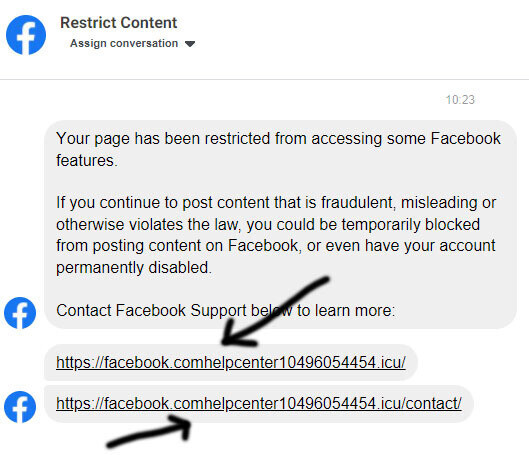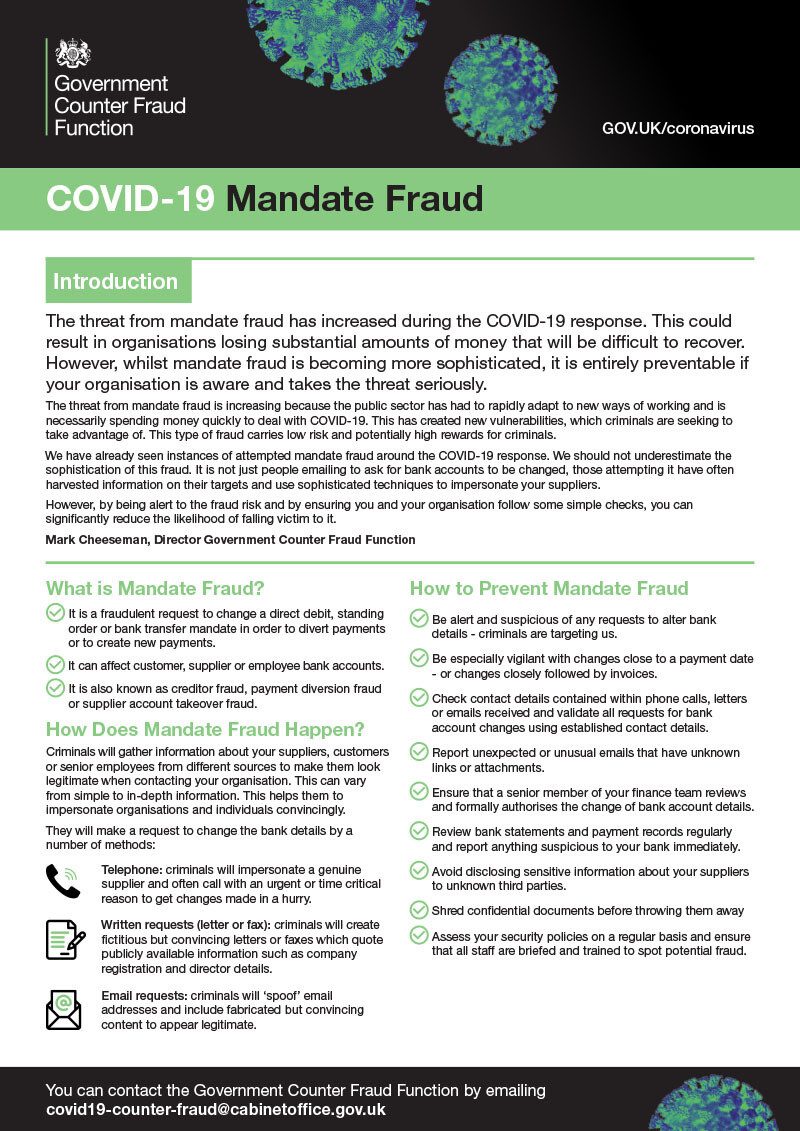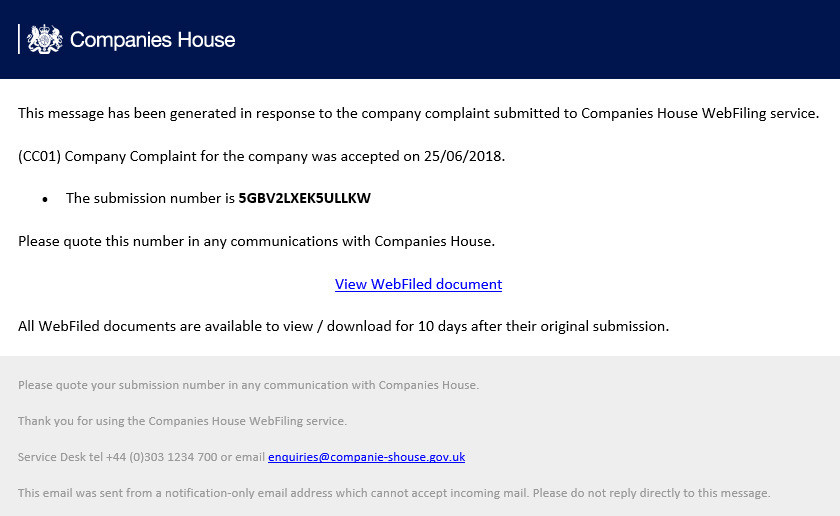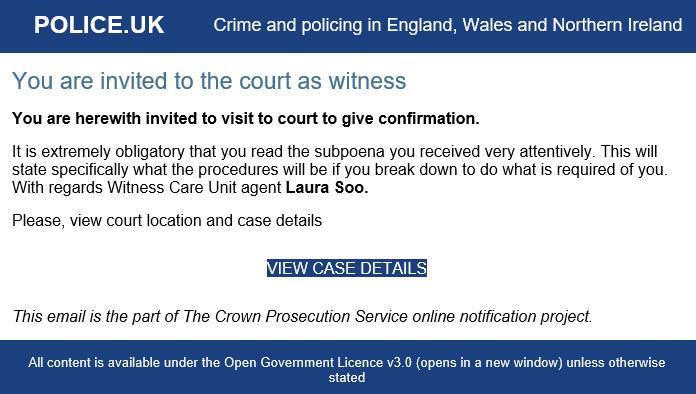Here's a new scam that's been flagged by Financial Fraud Action UK
Public warned of new ‘number spoofing’ scam
 Criminals are using a new scam to make the people they are phoning believe they are speaking to a trusted organisation – like a bank – by fooling their phones into displaying any number the fraudster chooses.
Criminals are using a new scam to make the people they are phoning believe they are speaking to a trusted organisation – like a bank – by fooling their phones into displaying any number the fraudster chooses.
The scam, known as ‘number spoofing’, works by fraudsters cloning the telephone number of the organisation they want to impersonate and then making it appear on the victim’s caller ID display when they telephone them.
The criminal will then gain the person’s trust by drawing their attention to the number, claiming that this is proof of their identity, before trying to defraud them.
This scam comes as a new variation on a type of telephone fraud, where fraudsters call people and pose as bank staff, police officers or other trusted organisations to persuade their victim to part with financial and personal details – often on the pretence that fraud has been detected on their account.
Once criminals have their victim’s confidence they will try to extract information such as the victim’s PIN, online passwords or other sensitive information which will then be used to steal from their bank account. Alternatively, some criminals will trick victims in to sending money to other accounts or to hand over cash or cards to a courier for ‘safe-keeping’.
Financial Fraud Action UK’s (FFA UK) intelligence unit – the Financial Fraud Bureau – has reported
that the scam has become increasingly common in recent weeks. Whilst the technology needed to
spoof someone’s number has existed for years, only recently have criminals begun using it to defraud people.
The advice to beat the scam is simple – never assume that someone is who they say they are just because their number matches that of an organisation you know. In fact, if someone tries to draw your attention to the number on your caller ID display, you should immediately become suspicious.
Similarly, you should be suspicious if you’re asked for your four digit PIN, your full online banking passwords, to transfer or withdraw money, or to give your card to a courier. Your bank or the police will never ask you to do any of these things.
Commenting, Craig Jones, spokesperson for FFA UK said:
“Number spoofing is becoming increasingly common and it’s not difficult for the criminals to fake a caller ID. So if a number appears on your phone’s caller ID display, you shouldn't assume you know where the call is being made from. Remember that if a caller is trying to draw your attention to the number on your phone display, it’s very unlikely the call is genuine as there is no legitimate reason to point it out.”
Personally I think it's common sense, never trust anyone who is phoning you unless you recognise them and never give out a PIN or password. In the same way that you should never agree to or buy anything from an initial cold call. But it seems plenty of people still keep get caught out ![]()












